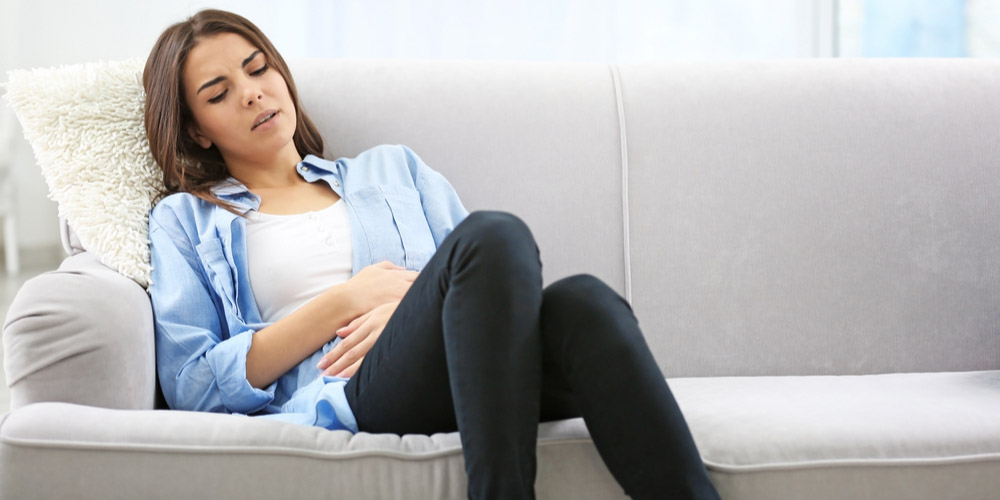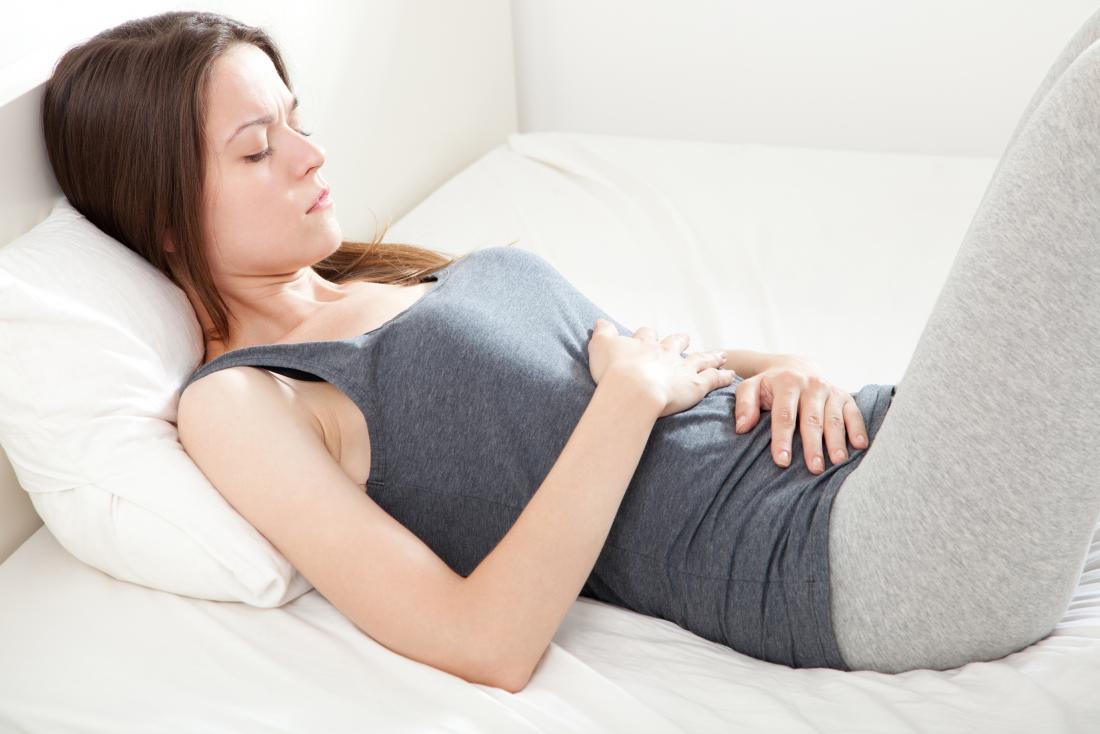Cramping in early pregnancy is a common symptom experienced by many women. It can be caused by a variety of factors, including the implantation of the fertilized egg into the lining of the uterus, changes in hormone levels, and the growth and expansion of the uterus. The severity and duration of cramping can vary from woman to woman and can range from mild to severe.
Symptoms of Cramping in early Pregnancy
The most common symptom of cramping in early pregnancy is pain or discomfort in the lower abdomen or pelvis. This pain may be described as sharp, dull, or achy and can be accompanied by other symptoms such as bloating, gas, and constipation. Some women may also experience cramping in the lower back or thigh area.
Another symptom of cramping in early pregnancy is spotting or light bleeding. This can occur as a result of implantation bleeding, which occurs when the fertilized egg attaches itself to the lining of the uterus. Implantation bleeding is usually light and may be mistaken for a light period. However, if the bleeding is heavy or accompanied by cramps, it is important to seek medical attention as it could be a sign of a miscarriage.
In addition to physical symptoms, cramping in early pregnancy can also cause emotional distress and anxiety. It is important for women to be aware that cramping is a common symptom in early pregnancy and to seek the advice of a healthcare provider if they have any concerns.
Treatment for Cramping in early Pregnancy
Treatment for cramping in early pregnancy can vary depending on the cause of the cramping. If cramping is caused by implantation bleeding, it usually resolves on its own and no treatment is necessary. However, if cramping is caused by hormone changes or the growth of the uterus, there are several things that can be done to alleviate the discomfort.
One of the most effective ways to relieve cramping in early pregnancy is to rest and relax. This can be done by taking a warm bath, going for a walk, or practicing yoga or other forms of exercise. It is also important to stay hydrated and to eat a healthy diet that is rich in fruits, vegetables, and whole grains.
Over-the-counter pain medication such as ibuprofen or acetaminophen can also be taken to relieve cramping. However, it is important to consult with a healthcare provider before taking any medications during pregnancy.
If cramping is severe or accompanied by other symptoms such as heavy bleeding, it is important to seek medical attention immediately. In some cases, cramping in early pregnancy can be a sign of a miscarriage or other serious complication.
In conclusion, cramping in early pregnancy is a common symptom experienced by many women. It can be caused by a variety of factors, including the implantation of the fertilized egg into the lining of the uterus, changes in hormone levels, and the growth and expansion of the uterus. Treatment for cramping in early pregnancy can vary depending on the cause of the cramping. Rest and relaxation, staying hydrated and eating a healthy diet, and over-the-counter pain medication can help alleviate cramping. However, if cramping is severe or accompanied by other symptoms such as heavy bleeding, it is important to seek medical attention immediately.

 Home
Home Health
Health Diet & Nutrition
Diet & Nutrition Living Well
Living Well More
More












